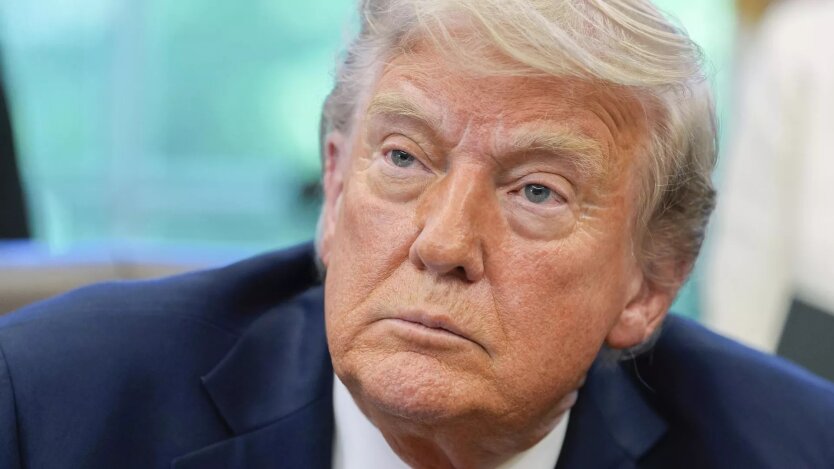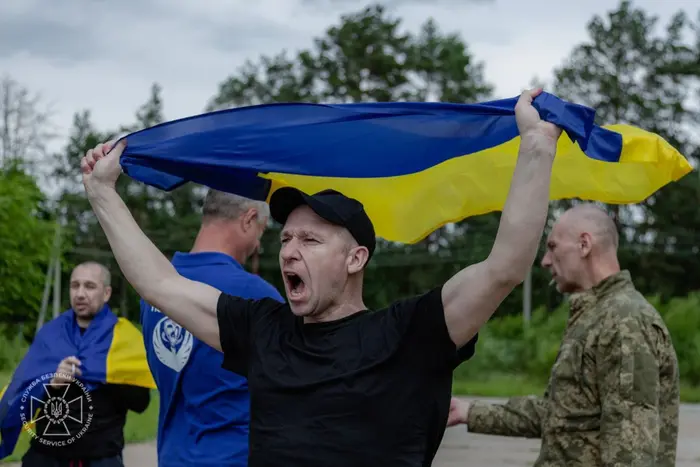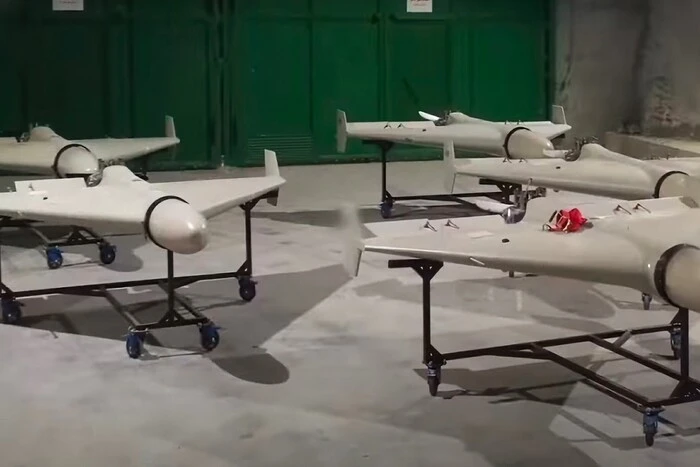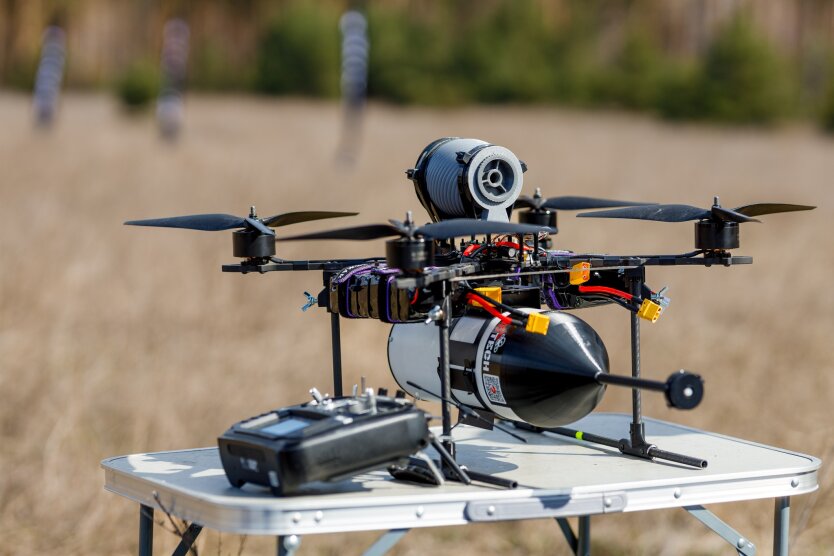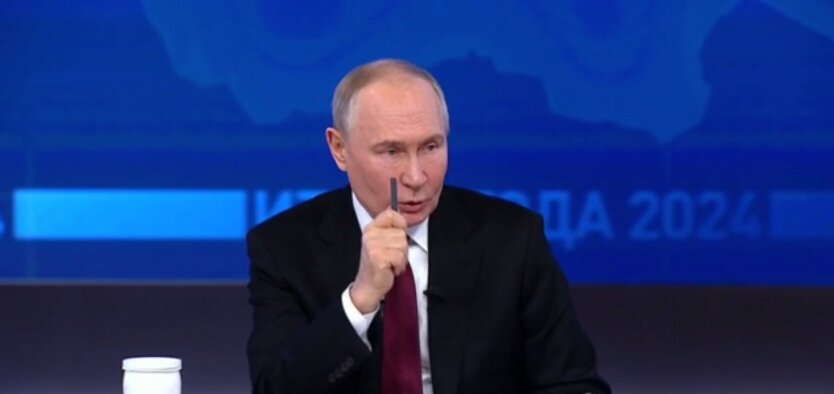Reuters: NATO will take over coordination of military aid to Ukraine instead of the US.

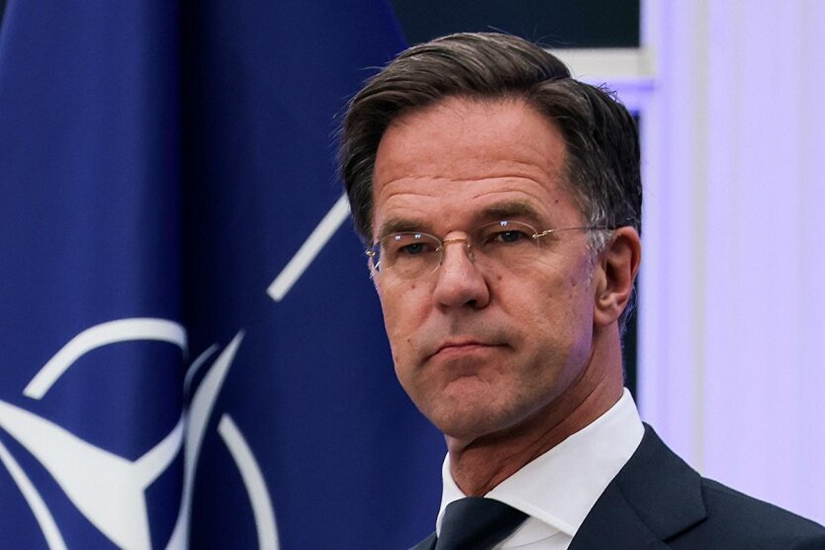
NATO coordinates military aid to Ukraine through the new NSATU mission
NATO has begun coordinating military aid to Ukraine from the US through a new mission called NATO Security Assistance and Training for Ukraine (NSATU). The headquarters of the mission is located at the American base in Germany and is already fully operational. Previously, this was handled by the Ramstein group, which consisted of representatives from many countries and was named after the American base.
About 700 people will work as part of NSATU
The NSATU mission will gather approximately 700 people, including military personnel, who will be stationed in various locations, including NATO's headquarters in Belgium and logistics centers in Poland and Romania.
The US is increasing arms supplies to Ukraine
Despite ongoing concerns about changes in supplies under the new president Donald Trump, the administration of the United States is trying to send more weapons to Ukraine. Trump stated that he wants to resolve the conflict in Ukraine but did not specify how to do it.
Trump demanded more defense spending from NATO allies
During his first term, Trump demanded that NATO allies spend at least 3% of GDP on defense, while the minimum NATO standard is 2%. Moreover, he threatened to withdraw from NATO.
Russia condemns the increase in military aid to Ukraine
Russia condemned the increase in military aid to Ukraine and warned of the risks of escalating the war.
Read also
- Trump left the G7 summit due to Zelensky and Macron: FT learned the details
- The SBU presented exclusive photos and videos of the prisoner exchange
- North Korea to send 25 thousand workers to Russia: what does it want in return
- The Ministry of Internal Affairs explained how they identify Russian soldiers among the transferred bodies of the deceased
- Ukrainian developers submitted 42 projects for the NATO competition against FPV drones on fiber optics
- Putin outlined conditions for a meeting with Zelensky: what nuances the dictator spoke about

